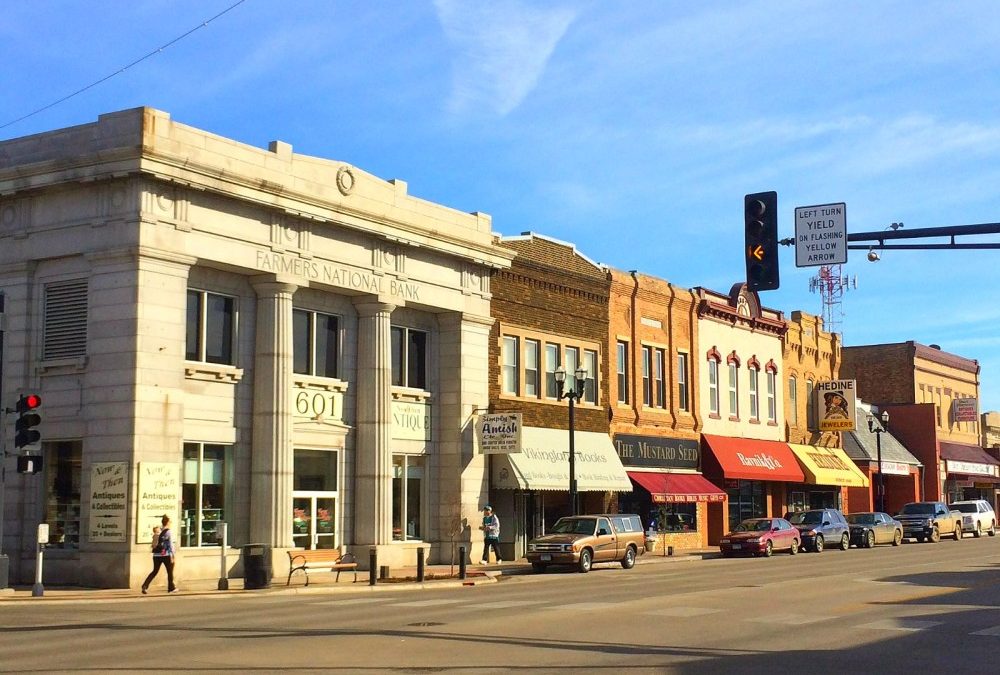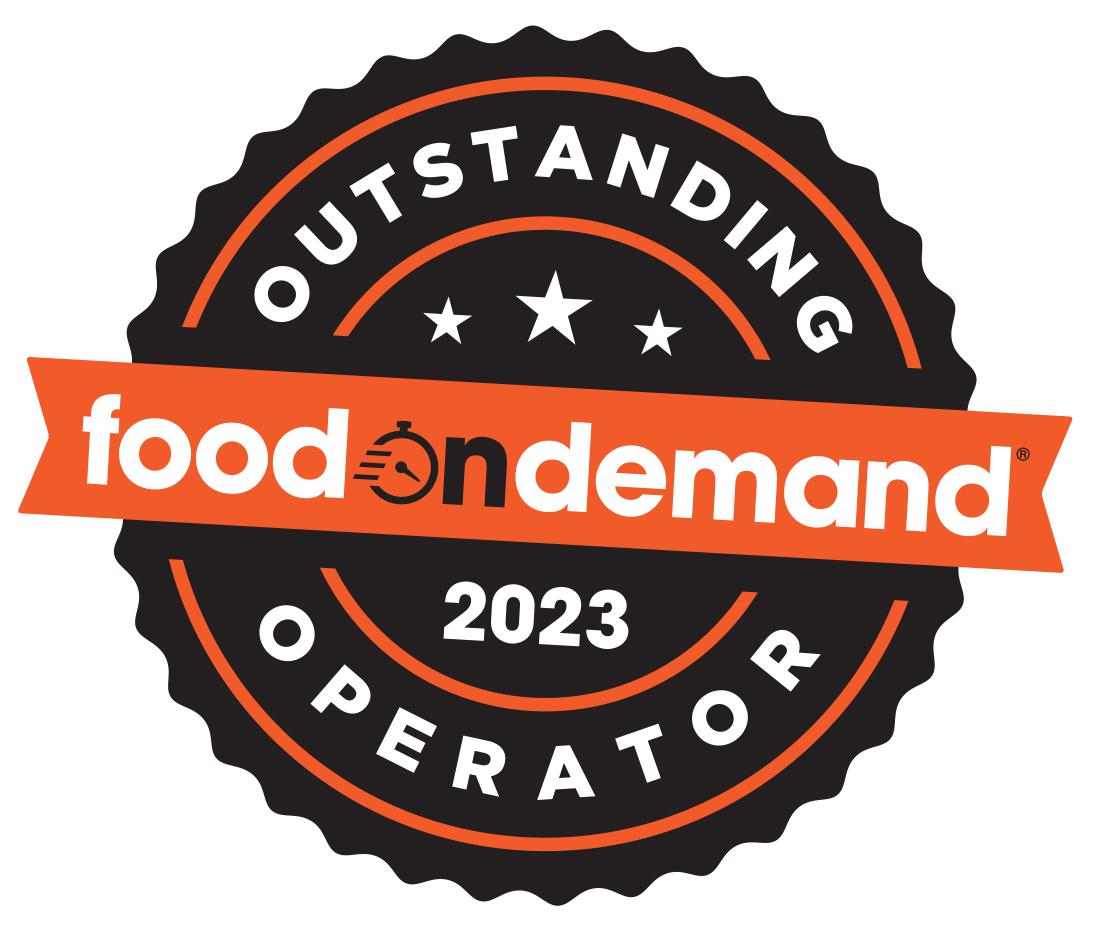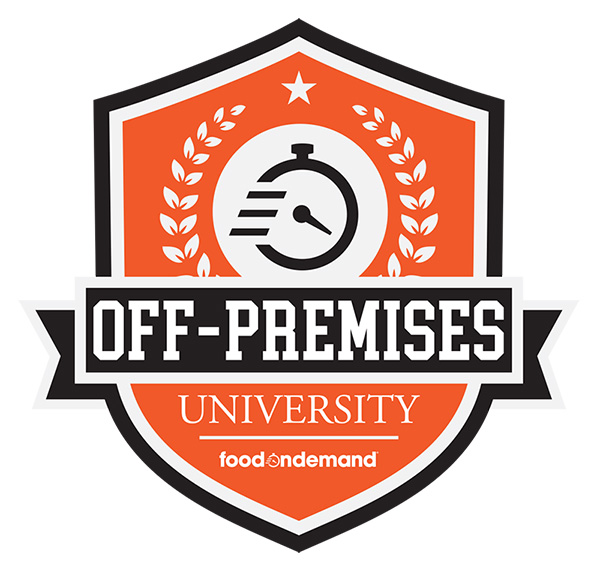Based in a mid-size city in central Minnesota, Food Dudes is a restaurant delivery service that’s finding success in cities and towns that are much smaller than any burg served by the biggest players in the industry. With a lean team and a remote headquarters team, Food Dudes is profitable, growing across the prairie and looking to maintain its independence amid a blizzard of mergers and acquisitions.
 Brendan Drallette is Food Dudes’ director of operations, and a veteran of Bite Squad, which was founded in Minneapolis and acquired by Waitr in late 2018. He left the combined entity shortly after the transition period, just before the pandemic began, and joined Food Dudes last spring to help the company enter new markets.
Brendan Drallette is Food Dudes’ director of operations, and a veteran of Bite Squad, which was founded in Minneapolis and acquired by Waitr in late 2018. He left the combined entity shortly after the transition period, just before the pandemic began, and joined Food Dudes last spring to help the company enter new markets.
Even as DoorDash, Waitr, Uber Eats and the other national players have steadily entered smaller markets outside of the most profitable big cities, Food Dudes is blazing trails for its larger competitors and showing there’s delivery money to be made in even the smallest towns across the Midwest.
 Drallette credits the pandemic with saving Waitr’s business, but added that restaurant closures have impacted Food Dudes’ bottom line, since small towns have an inherently smaller number of restaurants to deliver from.
Drallette credits the pandemic with saving Waitr’s business, but added that restaurant closures have impacted Food Dudes’ bottom line, since small towns have an inherently smaller number of restaurants to deliver from.
Pressed about the viability of its smallest markets, where wintertime populations can dip below 1,000 residents, Drallette said that is only half of the story. In the far reaches of its home turf of Minnesota, touristy markets can see their summertime populations swell into the thousands as city dwellers flock to cabins, hotels and resorts.
Surrounded by lakes, Alexandria is one example of a small midwestern city that has proven to be a growth market for Food Dudes. Drallette said the company tends to do 50 deliveries in a given day during the winter months, but that figure can easily eclipse 100 when this resort-focused community is at full summertime capacity.
“It’s profitable for us and we’re able to do really well there,” he said. “DoorDash is OK with us being there, because we tend to fend off the bigger threat to them, which would be a Bite Squad, Waitr or a Postmates.”
He added that Food Dudes is likely a bigger problem for smaller delivery providers, like fellow midwestern competitors Bite Squad and EatStreet, which he said are “looking to get acquired, most likely.”
Even so, the company’s prime markets tend to be the larger, mid-sized cities like its hometown of St. Cloud, but also Duluth, Minnesota, Fargo, North Dakota, and Sioux Falls and Rapid City in South Dakota.
Even though Minneapolis is just an hour down I-94 from its headquarters, Drallette said that the metro area of more than 3.6 million is “too big for us.” Rather than diving into that entire metro area, Food Dudes has played a fringe game, operating under the radar in its northwestern suburbs of Maple Grove and Plymouth, which both have more than 70,000 residents and a large number of restaurants.
Rather than go after the core cities, the company is focused on cultivating smaller zones where it could thrive, without being entirely drowned out by larger, better capitalized delivery providers.
As the company looks ahead from the pandemic, its current focus is shoring up operations in its existing markets, which has become more hectic due to the number of restaurants that have closed. Beyond that, Food Dudes will continue entering new markets following its existing small-town playbook.
Since so many restaurants in Small Town USA only have Facebook pages, rather than proper standalone websites, Food Dudes partnered with online restaurant ordering company Zuppler to provide its partnered restaurants with landing pages and online menus for free—a service paid for by Food Dudes.
“The biggest challenge continues to be the bad reputation that a lot of the bigger players have put out there with restaurants,” Drallette said of headwinds impacting its growth plans. “Especially in these small towns, restaurants are very nervous about it, but again, we try to sell them on the fact that there is nothing hidden … we sign a contract for commission but they can leave at any time.”
Food Dudes has a fleet of 500-600 drivers, all independent contractors. Its restaurant partners are charged commission rates in the neighborhood of 20-25 percent, which tends to be lower than larger, national delivery providers. Drallette stressed that there are no additional fees for marketing, and the company picks up sales tax and credit card processing fees.
With a comparatively small network, Food Dudes leans on its local, easy-to-reach headquarters team as another primary selling point for restaurants that are either skeptical of delivery in general, or particular delivery providers they’ve had negative experiences, he added.
“Dave [Carlson], our owner, is out doing deliveries every day, it’s everybody helps out,” Drallette said. “We stayed really lean and we are profitable, which is one of the things that’s kept us alive—we don’t owe anybody any cash.”




